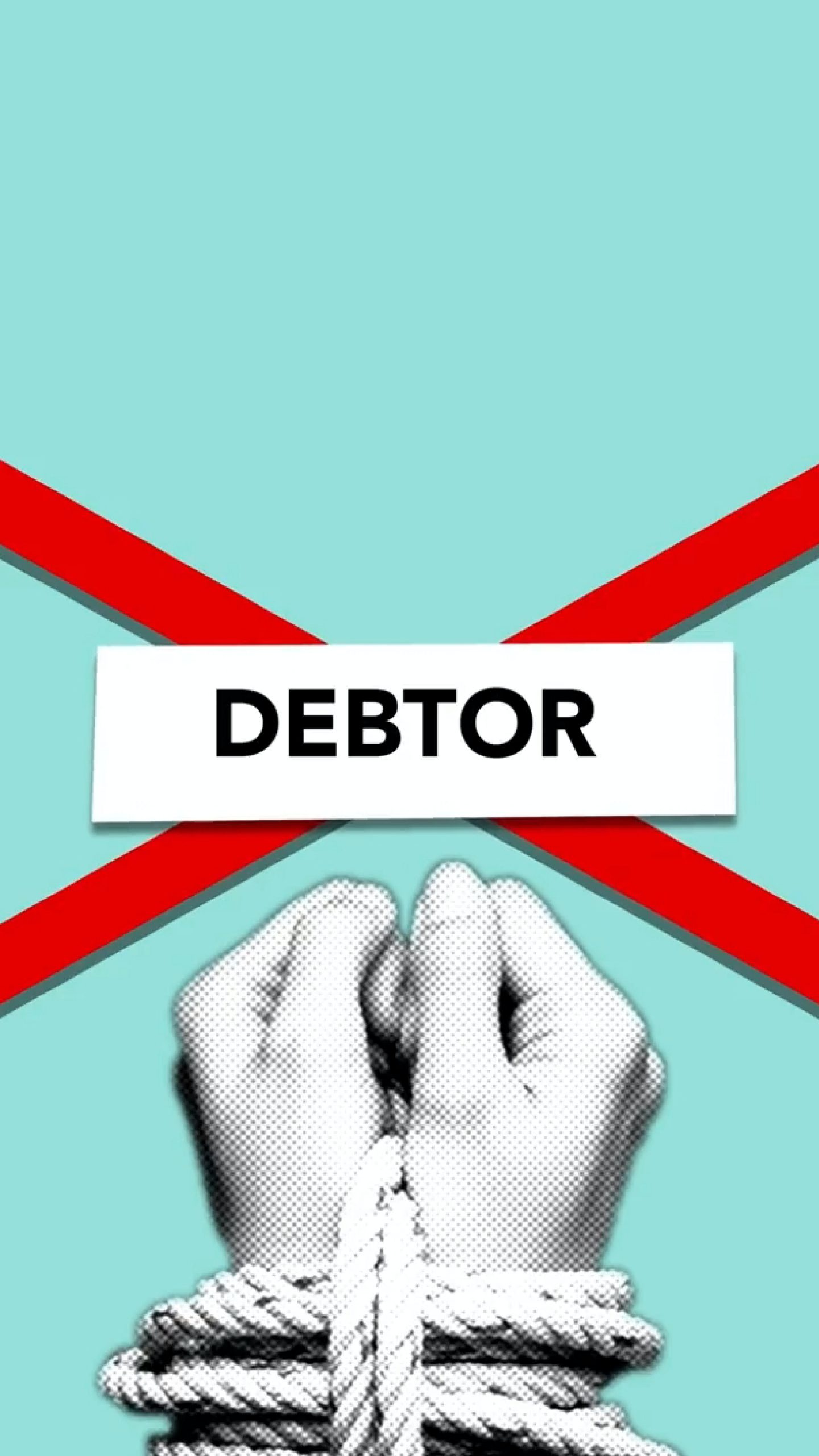
Are you tired of living paycheck to paycheck, burdened by the debt cycle, and feeling like you're stuck in an endless loop of financial stress? You're not alone. The debt cycle can be overwhelming, but with the right strategies and determination, you can break free and achieve financial freedom. In this blog post, we'll explore practical steps to help you avoid the debt cycle and regain control of your finances.
The first step to avoiding the debt cycle is to create a realistic budget. List your monthly income and expenses, including bills, groceries, and discretionary spending. Differentiate between needs and wants. Having a clear understanding of your financial situation will help you identify areas where you can cut back and allocate more money toward debt repayment.
One of the main reasons people fall into the debt cycle is unexpected expenses. To avoid this, establish an emergency fund with at least three to six months' worth of living expenses. Having this cushion will prevent you from relying on credit cards or loans when unexpected financial challenges arise.
Not all debts are created equal. High-interest debts, can quickly snowball and become unmanageable. Focus on paying down high-interest debts first. Allocate as much as possible from your budget toward these debts while making minimum payments on others.
Avoiding the debt cycle requires a lifestyle change. Live below your means by cutting unnecessary expenses and finding ways to save money. Cook at home, buy generic brands, and look for deals and discounts. The extra money you save can be redirected toward debt repayment.
Consider debt consolidation to streamline multiple debts into one with a lower interest rate. Additionally, don't hesitate to negotiate with creditors to lower interest rates or work out more manageable repayment terms. Many creditors are willing to help if you communicate your financial difficulties.
Many creditors are willing to help if you communicate your financial difficulties.
Finding ways to increase your income can accelerate your journey out of debt. Explore side gigs, part-time work, or freelance opportunities. Use the extra income exclusively for debt repayment.
Knowledge is power when it comes to managing your finances. Invest time in learning about personal finance, budgeting, and investing. Understanding these principles will empower you to make informed financial decisions and avoid future debt.
Breaking the debt cycle is not just about paying off debts; it's about building healthy financial habits for the long term. Avoid impulsive spending, save consistently, and continue to budget even after you're debt-free.
Breaking free from the debt cycle is a journey that requires dedication and patience. By creating a budget, building an emergency fund, prioritizing high-interest debts, and making wise financial decisions, you can escape the cycle of debt and work toward a brighter financial future. Remember, financial freedom is achievable with the right strategies and commitment to change.